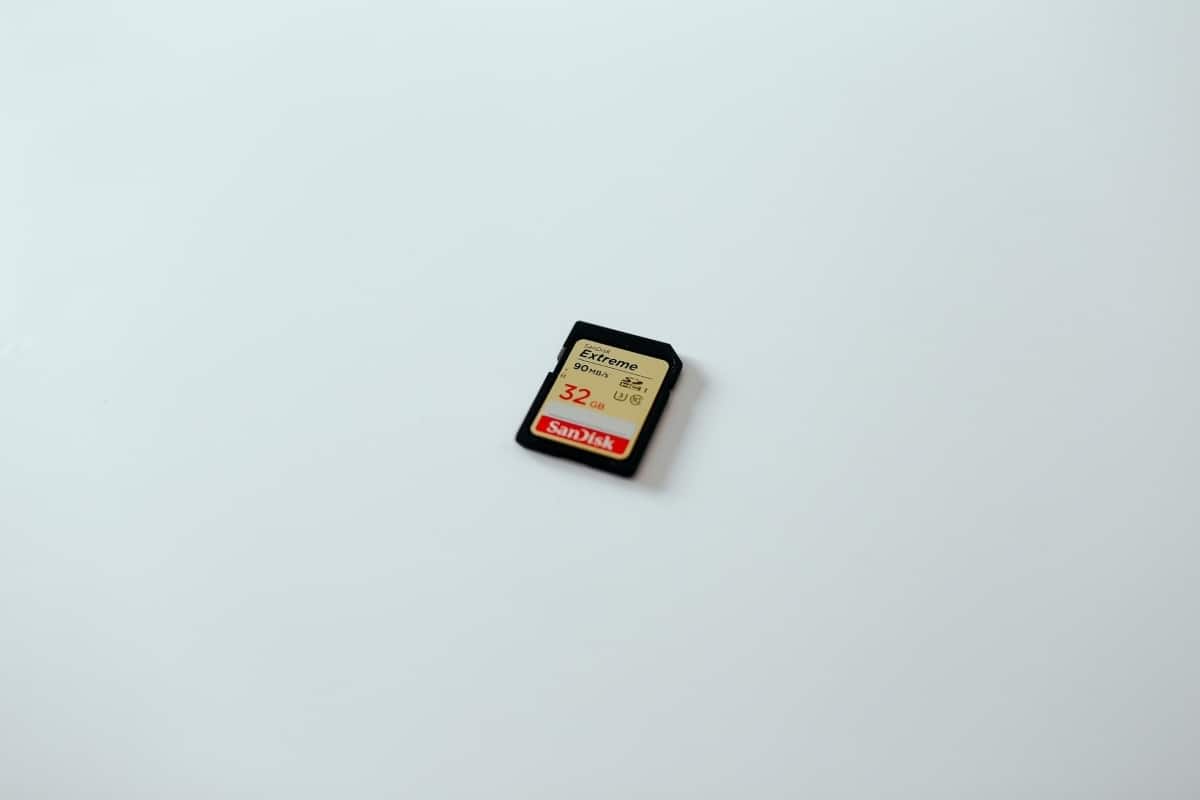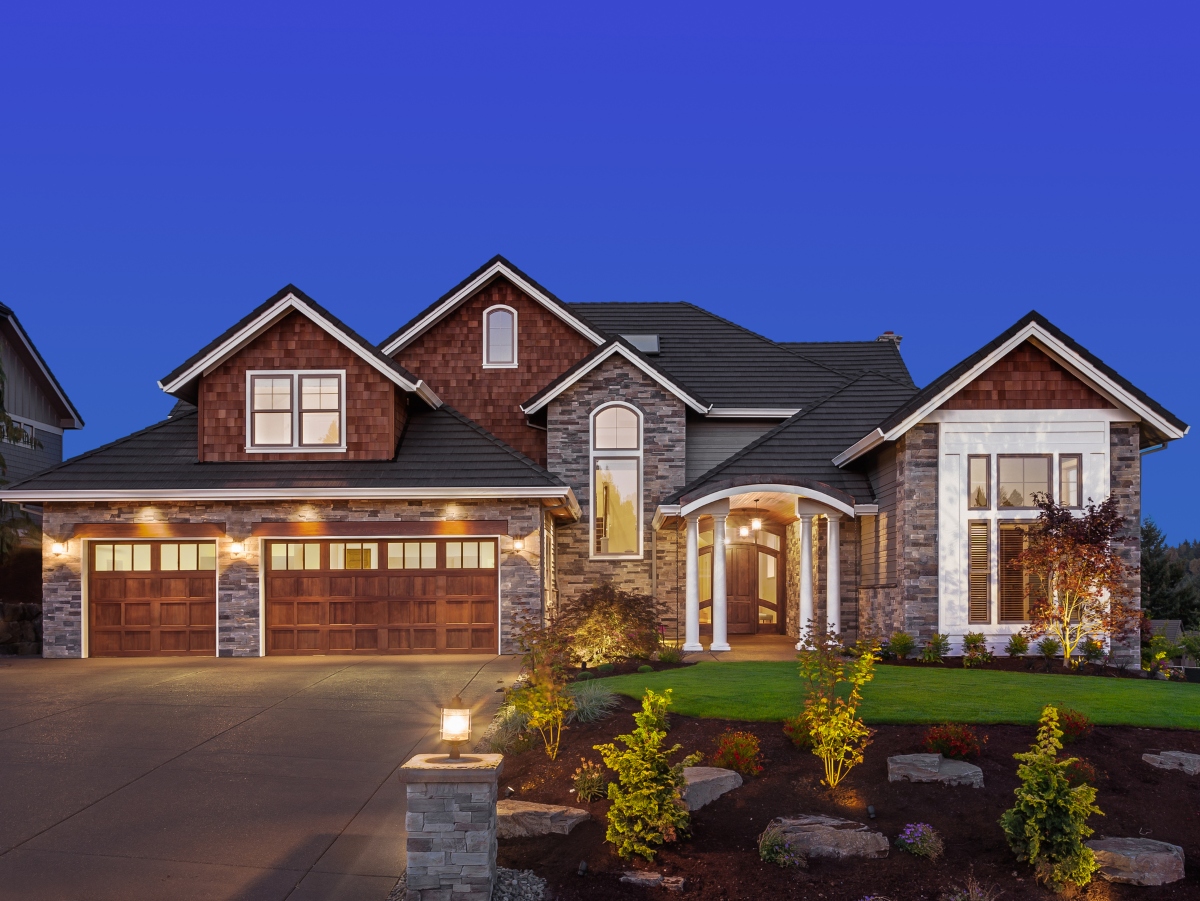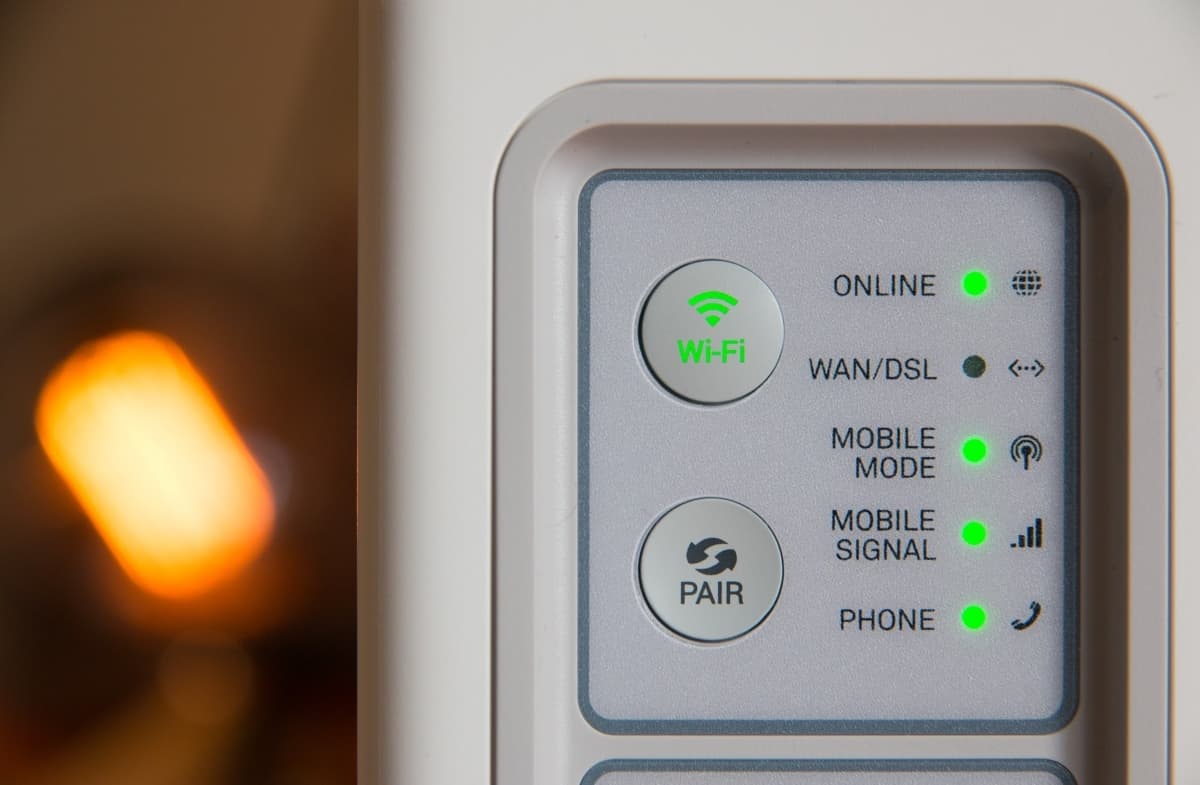The internet is great for lots of things. It’s how we stream movies, connect with friends, shop for items, share files, and learn about…pretty much anything. Not to mention, more and more of today’s home security systems use the internet for power, functionality, and enhancements. For example, video from security cameras is sent to the cloud for storage. But what happens when there’s an internet outage?
Most of us despise power and internet outages not just because they leave us in the dark, but also because they make it impossible to use some of our most important devices. Unfortunately, depending on the type of home security system you have, an outage’s interference can include our vital security devices. Some of the most popular security systems on today’s market rely on a strong internet connection to monitor your property and store crucial footage. The internet helps them generate important signals and communicate with various monitoring services.
If your internet service goes down, you’re likely to lose access to the cloud temporarily.
With today’s technology, many homeowners are storing footage from their security cameras to the cloud. This lets them rest easy, knowing the footage will be there when they need it. Or will it? If your internet service goes down, you’re likely to lose access to the cloud temporarily. What can you do about this type of disruption? We have the answers in this article, but first, let’s discuss the common causes of an internet outage.
What Can Cause an Internet Outage?
The root source for an internet outage can vary. Knowing the common causes helps make it easier to troubleshoot when an outage strikes so you can return to enjoying a secure internet connection. Some of the top sources for an outage include:
- Internet Service Provider (ISP). An internet outage can result from a failure with your Internet Service Provider (ISP). But this is rare, so rare that the probability of it happening is about one percent. Fiber cuts or core outages within the ISP are what triggers this outage.
- Hardware Failure. More commonly, a component or hardware failure at your residence can cause an internet outage. Identify pieces of hardware that are prone to breaking down and have backup pieces on hand when you need to make adjustments. Sometimes, the router itself might be giving out. Review product warranties and do thorough research before investing in a router to prevent hardware failure from becoming an issue.
- Natural Disasters. That’s right—natural disasters are a major culprit of internet outages. From rainstorms and hurricanes to frigid blizzards, natural disasters can strike down power lines causing internet outages that leave us with little to do as a means of defense.
- Human Error. This boils down to whether the party responsible for setting up hardware has properly plugged in wires or hooked cords to their appropriate location. A simple fix is to review instruction manuals closely and test out your equipment after setup. You can also request installation from a professional.
- Hackers. Many of us associate hackers with cyber thieves preying on login credentials and credit card information. However, don’t count your router from out of their circle of interest. Protect your connection with WPA2-encryption and a strong Wi-Fi password.
The good news is that even if an internet outage strikes, with the right systems and proper battery backups, you can continue to monitor for intruders. However, this is unlikely if you’re sending your recordings to the cloud.

Preparing for an Outage
You know the old saying: if you fail to plan, you plan to fail. Therefore, the best time to deal with a disruption to your security system is before it happens. Think about everything that might happen. You don’t have to rely on your own knowledge and understanding. Don’t hesitate to enlist a pro to help you.
Battery Backup
Your camera should be able to operate for the length of most outages without an AC electrical supply. Many outages are over in a few hours or less. However, they can run much longer. For example, there have been hurricanes where power restoration has taken five days or more. You may not be able to set up a system that will go that long. Have a backup battery ready to go to keep your camera recording.
When power returns, the camera should automatically switch back, and you can start recharging the battery.
What Type of Security System Is Inside Your Home?
Preventing an internet outage from interfering with your home security often boils to understanding how the system gets power. If you want continuous monitoring, regardless of an outage, then you’ll want to use a system that doesn’t need a secure connection to the internet for functioning. Here are some of the most common home security monitoring systems.
- Internet System. This is a home security system that receives a connection from the internet. As the name suggests, this type of security system is unprotected from an internet outage. So if a terrible store interferes with your internet connection, your system will stop functioning and won’t resume until connectivity resumes. For continuous monitoring, establish cellular backup.
- Traditional Landline. Traditional phone line systems don’t care whether the internet is down. They continue to work through most power outages thanks to their hard-wiring that connects to the phone line system. Unfortunately, many homes today don’t have landlines and therefore can’t take advantage of this old yet reliable method. Aside from this, landline systems most likely need a professional installation. They also have a slower connection speed than modern systems, like cellular, and can be disconnected with just a pair of scissors.
- Cellular Radio. This system uses radio systems to monitor your home. Most of these can continue to operate for quite a few hours on battery backup. In fact, many professionally installed and monitored security companies provide cellular backup services. This keeps your system functioning throughout an internet outage so long as your security devices have enough battery juice.
Fortunately, there are camera systems that can always record and save footage. Even when the internet isn’t available. Two of the most common are Security Digital (SD) memory cards and Network Attached Storage (NAS) devices.

Options for Capturing Video Without the Cloud
As mentioned before, if your security camera has enough battery backup, it will likely keep recording regardless of the internet. But for that video to have any value, it needs to be saved somewhere. It needs to be retrievable. And, without an internet connection, the cloud is of no help.
Fortunately, there are camera systems that can always record and save footage. Even when the internet isn’t available. Two of the most common are Security Digital (SD) memory cards and Network Attached Storage (NAS) devices.
- SD Memory Card. These are small storage cards that reside within the camera. For an appropriate backup, you need to have an SD card within every security camera. We recommend using top-rated SD Cards that are compatible with your camera.
- Network Attached Storage (NAS). NAS devices can accommodate the output of several cameras on a single device. Unlike SD memory cards, you do not store these inside your cameras. They likely wouldn’t fit, anyway. Instead, these standalone devices plug into your router and the files they store can be retrievable to anyone connecting to your Wi-Fi network. They house your files in hard drives within your NAS’s bay. Take a look at this list of best NAS systems for video surveillance to start weighing your options.
Tips for Using Built-In SD Cards
- Don’t Let Files Overwrite. One critical mistake to avoid is having the files on your SD card overwrite. Routinely schedule time on your calendar to review files and clear up space to prevent this from happening. Keep backup SD cards on hand in case you need to make an immediate replacement.
- Make Sure the Card Is the Right Size. Review your camera’s specifications guide to make sure the card you’re purchasing is the right size and match.
- Invest in Both an SD Card and Cloud Storage. Using both an SD card and cloud storage almost guarantees that if one mode of storage goes down, a backup solution will kick in. There are even security cameras on today’s market that offer both SD cards and cloud housing. Shop around to find the one that works for you.
Tips for Using NAS
- Know the Type of System You Need. How many drive bays do you need? Some NAS devices offer up to six drive bays. However, if your NAS is only responsible for security camera footage, then you may get away with just two drive bays.
- Understand Your Budget. With all the many benefits surrounding a NAS device, price is probably not one of them. These devices are often substantially more expensive than an SD card. You should also expect to pay for the housing and storage drives separately.
- Consider Setup. Setting up a NAS station can be more complex than simply sliding an SD card into your computer. Consider the time it takes to install the NAS station you’re eyeing. If you feel more comfortable hiring someone to complete the setup for you, take that route. Many informational YouTube videos can also help ease the process.
Once the internet outage has been resolved, it’s best to synchronize the two video streams. Then what’s captured locally and what’s in the cloud are all in the same place. NAS devices, and some cameras with SD cards, can set up to send their recording to the cloud automatically once the internet is back. This video is synchronized with cloud storage for access in one location.
The capacity of your local storage is an important consideration. Storage devices are finite and some will fill up in a few hours.

Protect Your Home With Reliable Security Monitoring
Everyone wants the most reliant and foolproof security system inside their home. One with 24/7 professional monitoring, equipment from the top security brands, and affordable pricing to accommodate any budget. The good news is, you can find this system at ONIT Home.
For over a decade, we’ve been helping families protect what matters most with security systems made to work around the clock. We know there’s no such thing as a “one size fits all” security system that’s right for everybody. So we offer customizable security packages, giving you the freedom to pick and choose how you want to protect your home. Our low monitoring rates are free from hidden fees, and the inclusion of smart devices lets you stay connected with your home from anywhere. Call us at 1-800-433-0331 and learn how we can secure your home with the best technology. Or use our online form for a free quote.



